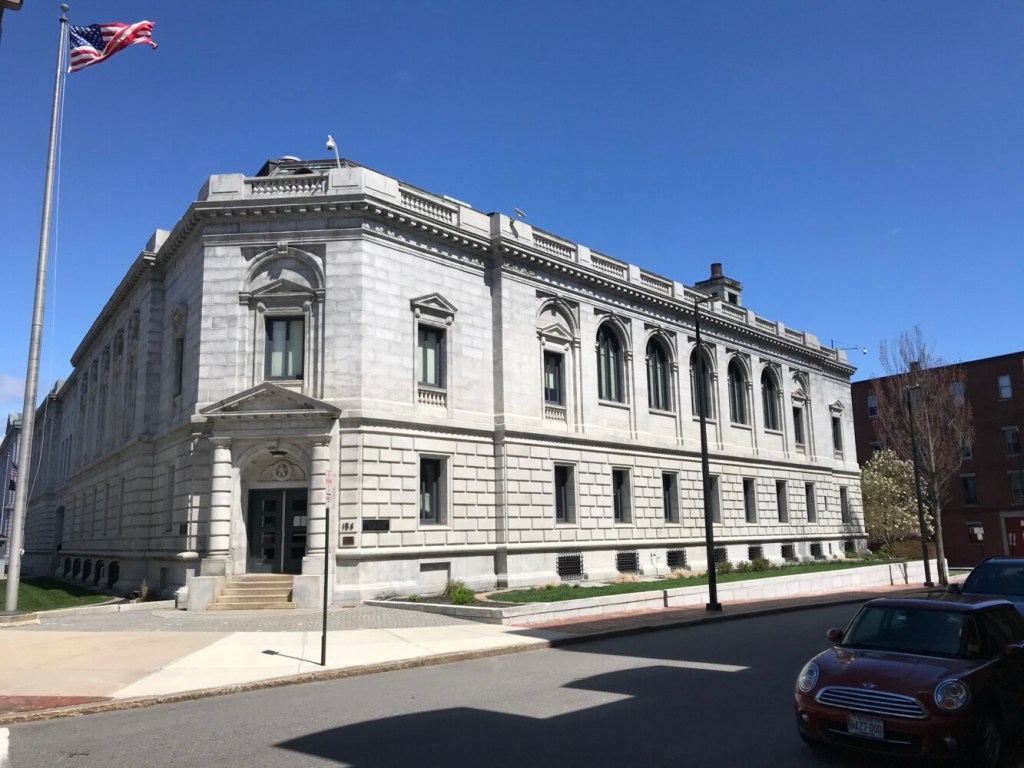G20 Finance Chiefs Gather in South Africa to Tackle Global Economic Headwinds

Johannesburg, South Africa – Top finance officials from the Group of 20 (G20) nations are convening in South Africa this week for crucial discussions amidst a backdrop of escalating global economic challenges. The meeting, commencing Thursday, arrives at a critical juncture, with trade tensions simmering, a looming global economic slowdown, and ongoing concerns about the United States’ stance on multilateral institutions.
South Africa, as the first African nation to hold a G20 presidency, is aiming to use this opportunity to champion an African agenda, advocating for policies that address the continent’s unique needs and priorities. President Cyril Ramaphosa has been vocal in his desire to ensure Africa's voice is heard and that the G20’s actions contribute to sustainable development and inclusive growth across the region.
Key Issues on the Agenda
The G20 finance meeting is expected to grapple with a wide range of pressing issues. Here’s a breakdown of the key areas under discussion:
- Global Economic Slowdown: With many major economies facing recession risks and inflation proving more persistent than initially anticipated, discussions will focus on strategies to mitigate the impact of the slowdown and foster resilience. This includes exploring coordinated fiscal and monetary policies, as well as measures to support vulnerable populations.
- Trade Tensions: Ongoing trade disputes and protectionist measures continue to disrupt global supply chains and dampen economic growth. The G20 is expected to explore ways to de-escalate trade tensions and promote a rules-based multilateral trading system.
- Debt Sustainability: Many developing countries, particularly in Africa, are struggling with unsustainable debt burdens. The meeting will address the need for debt relief and restructuring to ensure these nations can invest in their own development.
- Climate Change Financing: The G20 will discuss how to mobilize the necessary financing to support climate mitigation and adaptation efforts in developing countries. This includes exploring innovative financing mechanisms and ensuring that developed countries meet their commitments to provide climate finance.
- Reform of Multilateral Institutions: The United States’ occasional threats to withdraw from international organizations, coupled with broader concerns about the effectiveness and responsiveness of these institutions, have put pressure on the G20 to consider reforms. Discussions are likely to centre on how to strengthen the World Bank, the International Monetary Fund (IMF), and other key multilateral bodies.
South Africa's Role and African Priorities
President Ramaphosa has emphasized the importance of addressing issues such as food security, energy access, and digital inclusion – all critical priorities for Africa's development. He has also called for a greater focus on supporting small and medium-sized enterprises (SMEs), which are key drivers of job creation and economic growth.
The success of South Africa’s G20 presidency will depend on its ability to bridge divides and forge consensus among member states. The meeting represents a crucial opportunity to shape the global economic agenda and ensure that Africa’s voice is heard on the world stage.
This is a developing story and will be updated as more information becomes available.






